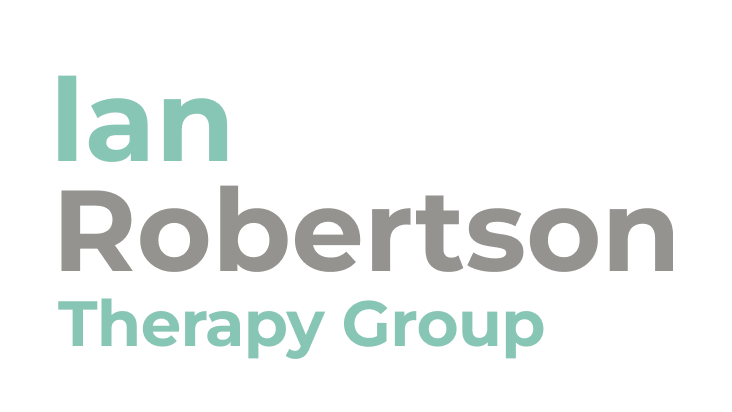“To live oneself means: to be one’s own task. Never say that it is a pleasure to be oneself. It will be no joy but a long suffering, since you must become your own creator. If you want to create yourself, then you do not begin with the best and the highest, but with the worst and the deepest.”
-Carl Jung

The Necessity of Embracing Inner Depths
As individuals, our journey to grow into our best and highest inner self requires us to become ‘deep’ within our inner humanity. As Carl Jung shares, becoming deep means leaning into the worst and deepest part of the self and working through this as individuals. Self-reflection on our deeper self, with all of its brokenness, vulnerabilities, faults and painful parts, allows us to become authentically real and true to ourselves.
The byproduct of exploring these darker places is that they help you grow into the heights of your truth and genuine vulnerability, authenticity, self-awareness, admitting your mistakes, and discovering deeper and more meaningful values and principles to live by. All of this leads you toward growth and freedom from inner suffering just by “inviting your pain to tea.”
Learning from the Land: The Agricultural Parallel
You need to dig up the onion before you can peel it back! As a youth, I grew up and spent much of my time working on farms. Watching farmers, I learned a lot. They taught me to prepare the ground, turn it over, remove the weeds and get the soil ready to plant.
We need to do this same process in ourselves: dig up, turn up, and sift out the weeds that keep us stuck in patterning behaviours and emotional suffering before we plant new seeds for growth.
Likewise, the self is similar to an onion that we need to peel back from the outer to the most inner layers. But before we can do this, we need to first find the onion, dig it up from the ground, remove it, begin to clean it, and then begin the peeling phase.
The Layers to Uncover
We need to peel back layers within ourselves, dig deep, and reflect on the messages from our inner critic that dictate what we should do, shouldn’t do, should be, and highlight all we do wrong.
• Contradictory beliefs cause confusion in our life.
• Your historical assumptions and self-messages you have formed about yourself and others and the world around you bring suffering to your life.
Understanding the role assigned to you growing up in your family system that has caused you chaos by your patterning behaviours with others, including being a rescuer, persecutor, enabler, caretaker or people pleaser.
• Your self-beliefs of what you negatively tell yourself about yourself
• Your perceived benefits of “being stuck” and remaining in your unhealthy habits, patterning behaviours and relational roles.
• Your negative automatic thoughts
• Your negative or critical judgements towards others who have hurt you in any way
• Unresolved resentments, past upsets, and unresolved relationship breakdowns
Fostering Growth Through Reflection and Change
To grow, you must combat your inner critic by learning self-compassion. Self-compassion changes the inner automatic subconscious narrative and judgment towards the self, shifting how the inner critic negatively judges the world around them.
Reflect on your contradictory beliefs, such as a person who might argue for the freedom of individual expression in the arts but want hateful speech to be regulated. There is no mechanism in the brain to point out the inconsistencies and direction to resolve them. Look for where your words and behaviours contradict each other and do not align.
Growing up, we all, at some level, collect messages that we take in from others, which become our inner self-messages. These messages can limit how we live our life and what we tell ourselves about ourselves. They can create insecurities, doubt, avoidance or shame. If these messages limit you or your relationships with others around you in any way, see a therapist who can help you dig up these messages that create limiting beliefs and challenges to your life and even the relationships around you. Validate what you have lived through, and acknowledge that you did your best with your circumstances and realities. Being perfect is not a reality, but being compassionate and validating that you did your best is!
Be aware of the family system role assigned to you growing up, and know that when you are under distress, it will always show up. The family system roles of rescuer, persecutor, caretaker, enabler or people pleaser are all driven by underlying fear and anxiousness. These roles become the means to manage your inner anxious state with your outer world relational fears. What’s the plan? Well, notice when you are in your coping role. Identify it and notice how it shows up within you. Learn to manage your anxious state, set boundaries and do the opposite action to where your assigned role wants to take you. If it wants you to attack, then the opposite action is to step away and calm down. The opposite action tells you not to step in if it wants you to rescue. Learn the opposite action to the urges of your inner state!
Become more mindful of your thoughts. When your negative thoughts come up about yourself or others around you, pause and give a moment to reflect on the thought. Is this negative thought a thought that would bring harm to you or others? Is this negative thought a response to an underlying fear or fear response to a situation that is either unresolved or current? You could write this out, observe your negative thoughts with a compassionate heart, and see how your thoughts can change.
Sometimes, it is easier to keep doing what doesn’t work only because it is predictable, and despite the outcome, it’s what you know, and at least at some level, this feels safe for you. Changing your patterning behaviours to create a new mental and emotional state means digging deep and learning to lean into fear. What fear, one might ask? Doing something new and creating patterning change might include leaving learned behavioural roles that keep you stuck but yet you have come to believe are necessary in your life.
This might mean rising up from the inner pain of seeing yourself in the victim’s stance, holding on to resentments that lead to avoidances and broken relationships, staying in relationships that are not healthy for the inner you, living your life day by day through fear rather than not attaching to the outcome and just being present. Change your patterns and lean into the uncomfortable. Dig deep as to what keeps you repeating the same patterning behaviours that always seem to give painful or unsatisfactory outcomes. Just do something different.
Be well, Ian











